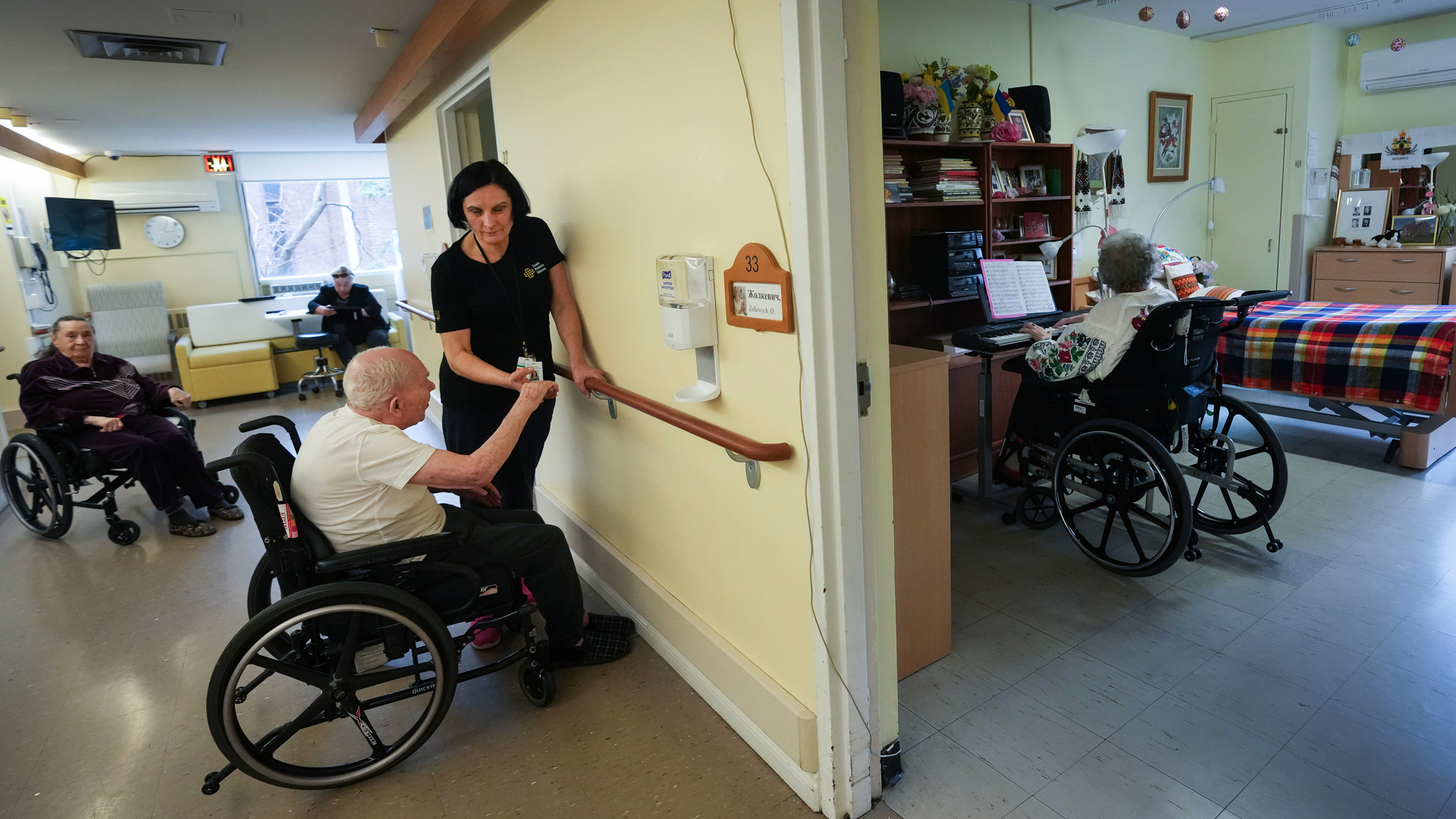Although vaccinations have dramatically reduced COVID-19 cases and deaths among long-term care (LTC) home residents during the pandemic’s third wave, the main danger going forward for Canada’s frail older adults is that the lessons learned from this crisis will not lead to the major reforms. These lessons are not new to policy-makers – they’ve been documented in countless public commissions and research studies before the pandemic – but very little has been done to act on them.
We do not need more studies to act. We need policies that ensure a better-trained, better-paid, better-appreciated workforce in LTC homes, as well as a better regulatory enforcement to help these workers and to ensure improvement in the quality of care for our frailest citizens.
A history of inaction on LTC reforms
There are many reasons why inaction has been common.
One is that reforms will be costly. But the costs of inaction are much greater. These costs are borne by residents in terms of low-quality care, by families who worry about their loved ones, and by staff who are over-stretched. Rather than investing in fixing these problems over the longer run, governments have resorted only to emergency responses to patch up the problems.
Another reason for inaction is that care in this sector is done mainly for older women by women, many of whom are racialized and/or newcomers to Canada. In our male- and youth-oriented culture, little value is attached to older women or to the care work traditionally done by women. The skills involved are ignored and undervalued.
A third reason is the assumption of family responsibility and the idea that such care was always provided by families in the past. Leaving aside the fact that many older people do not have families, this assumption ignores the fact that many more people are living longer with complex care needs, so families in the past did not have to provide the kind of 24-hour care now required, and that private households can be unsafe places for care. Moreover, we have closed many of the chronic care, psychiatric and rehabilitation hospitals that provided care in the past. We do not like to think about old age and when we do, we assume that we will be able to survive at home.
Prioritize the LTC workforce and regulatory enforcement
To address the crisis in LTC, provincial and territorial governments need to increase the number of staff and ensure that they have appropriate, continuing, work-time training. More than a decade ago, when resident needs were less complex, various studies indicated that there should be a minimum of at least four direct care hours per resident per day. This number refers to the hours when staff are providing care, not the total number of hours worked by employees doing other administrative tasks or those paid but absent due to leave. No provincial/territorial jurisdiction has established this minimum, let alone the more than six hours that current research recommends because of the more-complex needs today of residents in LTC homes. We need to significantly expand training opportunities to reach such minimums.
Retaining staff is just as important as hiring more staff. That requires improved working conditions. Turnover rates in this sector are high even in non-crisis times, with negative consequences for the continuity of care. The temporary wage increases offered during the pandemic recognized that wages are too low in this sector. The pandemic-induced requirement that staff work at only one location further highlights that many had been forced to work multiple jobs to make ends meet, rather than having full-time employment.
Worker absences due to illness and injury in LTCs are among the highest in all industries, even prior to the pandemic, in part due to unsafe working conditions. The Canadian Forces documented the heavy demands and risks involved in the work, as well as the lack of appropriate equipment and technology. Moreover, these reports emphasized the inadequacy of food, housekeeping and laundry, revealing how essential these are to resident health and to the work that the nursing staff does.
We also need smarter and better-enforced regulations. Research by an international team centred at York University showed that, across North America, major failures in care quality that were exposed by the media resulted in more, and more detailed, regulations. These regulations were primarily directed at the actions of staff rather than larger issues of inadequate staffing. Meanwhile, responding to these regulations meant that staff had to spend more time documenting progress towards meeting these regulations, which took away from their already limited time to provide care to residents.
Badly designed regulations further reduced the flexibility of staff in responding to the individual needs of residents. Some regulations, such as one requiring that residents be in the dining room for breakfast at a specific time, can mean both overload for staff who have to rush to get every one up and dressed and no choice for residents who would rather sleep in. Moreover, inspections exposing deficiencies too often do not lead to improvements because enforcement is either limited, absent or based on unverified data produced by the LTC home.
The smarter regulations that we need should focus on structural factors that promote quality, such as minimum staffing levels, the promotion of in-house services and requiring appropriate physical environments. Implementing regulations means working with homes in supporting them to meet the regulation requirements. In developing regulations, governments also need to recognize both medical and social needs – balancing safety and risk, for example, in determining personal contacts during the pandemic.
Reforms must provide conditions for better care
The conditions of work are the conditions of care. Canada’s government must offer higher compensation, more full-time and more permanent part-time work for the entire range of staff, as well as investments in modern equipment. We must promote greater continuity of care, teamwork and a healthy work environment. We must do this to support residents and their families to help them lead dignified lives late in life.
If governments do not act now, then when?
This article is part of the Kick-starting Reform in Long-Term Care special feature.









